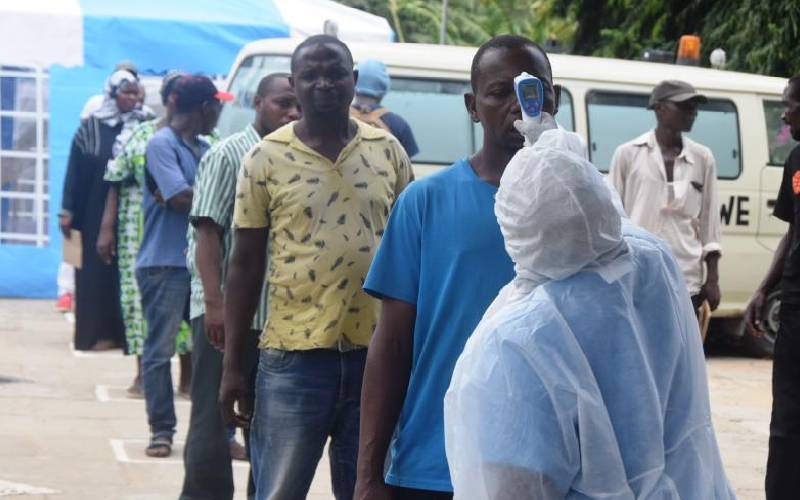×
The Standard e-Paper
Kenya’s Boldest Voice

In a recent opinion piece in the New York Times, Nicholas Kristof wrote; “the odd thing about reporting on the coronavirus is that the non experts are supremely confident in their predictions, while epidemiologists keep telling me that they don’t really know much at all".